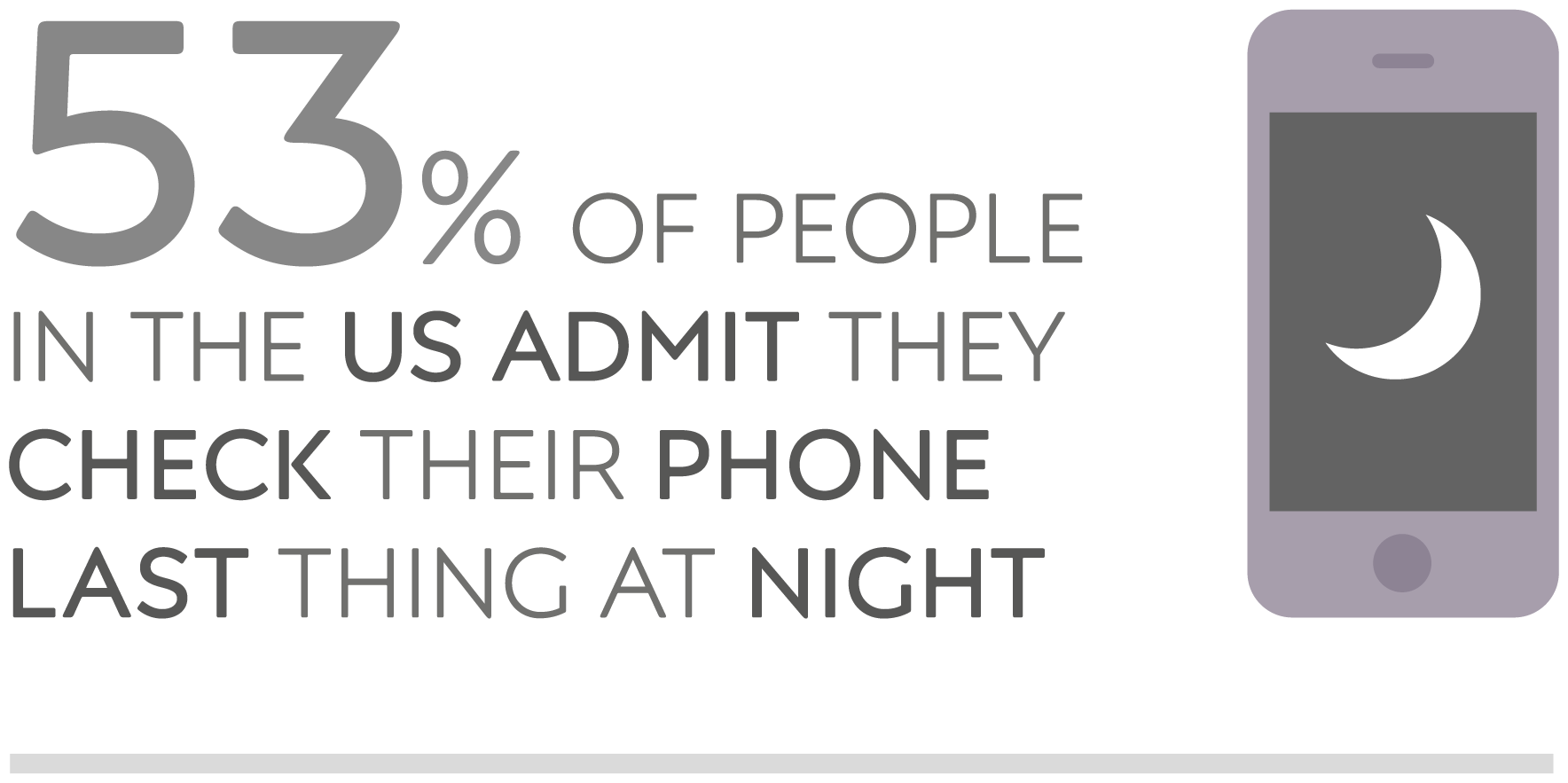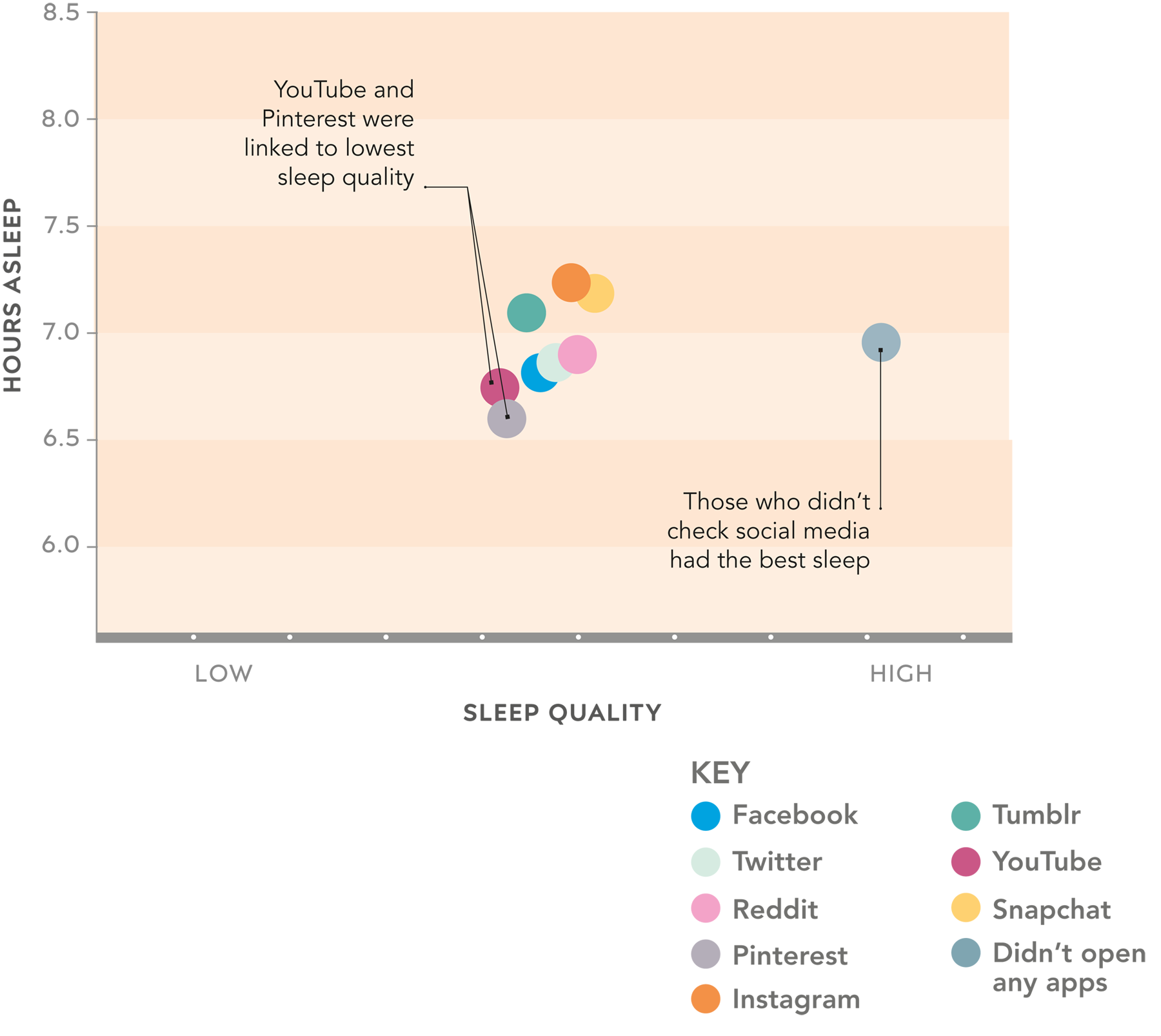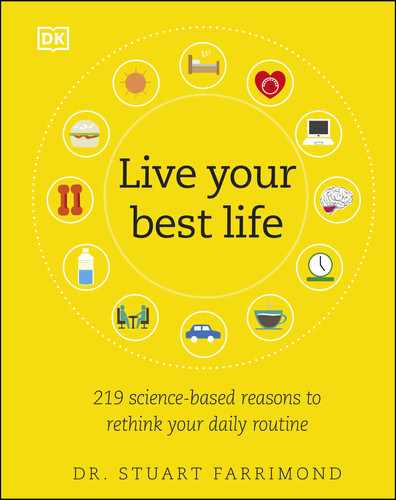Will Digital Devices Keep Me Awake?
Put the phone away if you want a good night’s sleep, goes the modern mantra—but your body is too smart to be duped by a tiny screen into thinking it’s daytime.
Gazing intently into the blaze of a digital screen deep into the night has long been identified as the enemy of restful sleep, especially in teenagers and young people, for whom sleep has an especially important role.
The theory goes that the blue-toned light from the backlit glow of a digital device tricks the body clock into thinking it is still daytime, pushing the body clock forward, delaying the melatonin gong, and thus making it more difficult to drift off.
The basis for this thinking is that blueish light—similar to the blue of a clear sky, and almost identical to the frequency of daylight that our aquatic ancestors would have seen when looking up through the ocean’s waves—is the hue that the body clock is most sensitive to. The theory is right, but science reveals that the sleep-disrupting effect of digital blue light is likely overstated—your body is too clever to be “awoken” by such small screens; they’re simply not bright enough to make the body clock think that it’s daytime.
Furthermore, once you’ve nodded off, any danger of blue-light insomnia has largely passed. Should you wake up in the night and glance at a digital screen, any awakening effect from the light is minimal. In the middle of the night, the body’s sleep cogs are already in full motion. A digital device isn’t going to derail your sleep by tricking your body’s wily timekeepers into believing night is day.
However, this doesn’t mean that your devices are sleep-friendly. Those energizing stress hormones produced when playing a game, browsing online, or trawling social media are highly likely to override your sleep impulses and keep you wired long after bedtime.


n Double-tap image to read the labels
stimulating social media
A large survey in the US compared people’s rating of their quality of sleep with the social media apps they checked just before bed. All the apps were associated to some extent with poorer sleep, although it seemed that there was no effect on length of sleep. People who didn’t check any social media reported by far the best quality sleep.
want to dial down the digital damage?
1
Do something nondigital before bed—an activity that encourages the brain’s “wandering” network will allow your body clock to work unhindered.
2
if you must use a device, avoid fast-paced apps—they’ll trigger energizing, wakeful hormones.
3
night-light mode with its dim, reddish light almost certainly won’t improve your sleep, but it may be less annoying for a partner trying to drop off.
